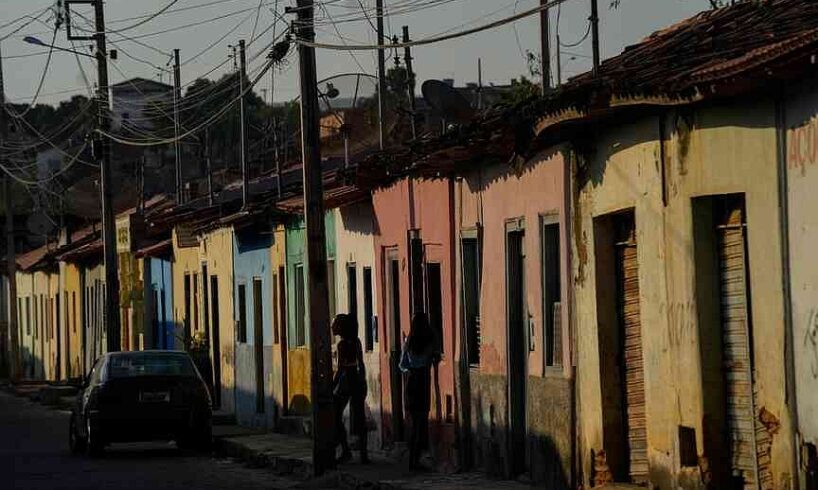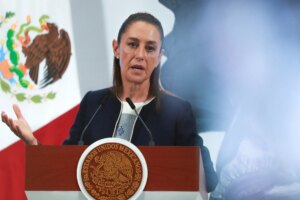
Let us read it for you. Listen now.
Your browser does not support the audio element.
RIO DE JANEIRO — Brazil’s lower house has approved exempting up to about $940 a month from income taxes, which would more than double the current exemption and meet a key priority of President Luiz Inácio Lula da Silva’s 2022 election campaign.
The bill passed the House unanimously late Wednesday and will now head to the Senate, where Lula said he expects final approval for the measure, which has drawn broad public support.
Lula described the vote on X as: “A victory in favor of tax justice and the fight against inequality in Brazil, benefiting 15 million Brazilian workers.”
In the bill sent to Congress in March, Lula’s liberal government proposed to offset the loss of state revenue by introducing a minimum effective tax rate for high-income individuals — a tax that must be paid regardless of the amount of deductions and credits the taxpayer might have.
The new minimum effective tax would apply to people who earn more than $113,000 a year, ramping up from zero to 10% for those who earn over $226,000 annually.
That legislation would target some 141,000 wealthy individuals in the country, who on average currently pay an effective tax rate of 2.5%, according to Brazil’s Finance Ministry.
If the measure passes the Senate, Lula would then sign the change into law and it would come into effect on Jan. 1, 2026.
The unanimous support for the bill in the lower house, despite Lula’s coalition lacking a majority in the chamber, reflects the broad public support for the tax exemption and the lack of a coherent opposition to Lula’s administration.
Lula is expected to run for re-election next year.
He had been facing plummeting popularity, although he has recovered slightly in recent months as an unintended effect of U.S. President Donald Trump’s politically-motivated 50% tariff on a range of Brazilian imports. The leftist president’s defense of Brazilian sovereignty has struck a chord in public opinion.
Increasing the income tax exemption could provide a major political victory for Lula and could help peel away on-the-fence voters from the camp of former conservative President Jair Bolsonaro, Lula’s principal political opponent, according to Luciana Santana, a political scientist at the Federal University of Alagoas.
“It will have a big impact on a considerable portion of the population and it’s something the government needs: a policy with broad societal impact,” Santana said.
Some 90% of the country’s population earned less than $757 in 2024, when considering household income per capita, according to Brazil’s national statistics agency IGBE.
Santana said that the decision by Speaker Hugo Motta, who is not from Lula’s party, to put the measure on the agenda now may have been a bid to boost the popularity of lawmakers after a series of unpopular moves by the chamber.
“Income tax exemption is not a favor from the state, it is the acknowledgement of a right, a step forward in the country’s social justice, ensuring more money on the table fore those earning up to 5,000 reais,” Motta said on social media, after the approval.
Carla Beni, an economist at the Getulio Vargas Foundation, said that the proposed exemption helps correct imbalances in which many of the rich pay proportionately less tax than the poor, and that it would help the economy.
“People will either spend more, save or pay off debts,” Beni said.
FILE – Brazil’s President Luiz Inácio Lula da Silva smiles upon arriving at an event on the economy at the Planalto presidential palace in Brasilia, Brazil, July 14, 2025. (AP Photo/Eraldo Peres, File)





